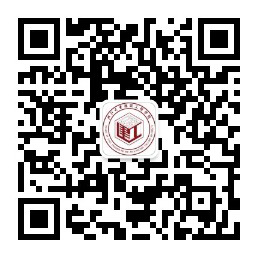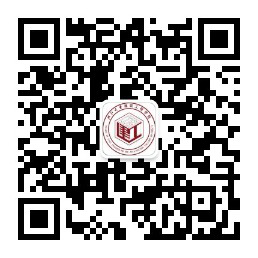Title:Toward Assessing State Department of Transportation Readiness for Connected Vehicle/Cooperative Systems Deployment Scenarios: An Oregon Case Study
Date:Dec.17th 2015, 10:00 A.M.
Location:A322, Anzhong Building
Speaker:Robert Bertini, the professor of Civil and Environmental Engineering at the California Polytechnic State University, San Luis Obispo.
Short biography:Prof. Robert L. Bertini received his Ph.D. in Civil Engineering from the University of California at Berkeley, and is a professor of Civil and Environmental Engineering at the California Polytechnic State University, San Luis Obispo.
Primary research interests:sustainable transportation solutions, traffic flow theory informed by empirical and experimental measurements, intelligent transportation systems (ITS), multimodal transportation “big data” for improving performance measurement, planning and operations, and proactive traffic management and operations.
Main experience:Prof. Robert L. Bertini was the director of the Portland State University Intelligent Transportation Systems Laboratory and of the Oregon Transportation Research and Education Consortium (OTREC), which is a statewide, federally funded university transportation center. He also served in the Obama Administration as Deputy Administrator of the Research and Innovative Technology Administration (RITA) at the U.S. Department of Transportation where he also led the Intelligent Transportation Systems Joint Program Office and chaired the Department’s Innovation Council. Prof. Bertini recently completed a 6-year term as chair of the Transportation Research Board (TRB) Committee on Traffic Flow Theory and Characteristics (AHB45) and is currently the chair of the TRB Operations Section (AHB00), overseeing 13 committees.
Main achievements:Prof. Bertini received the National Science Foundation CAREER Award in 2002, where he developed an online multimodal transportation data repository that is a platform for performance measurement, modeling and prediction. And he received the DeFazio Transportation Hall of Fame Award in 2014.
Welcome to the report! Contact:Traffic control research laboratory Yibing Wang
Presentation Abstract
As connected vehicle research moves into deployment, state, local and transit agencies, metropolitan planning organizations (MPOs) and the private sector will start experiencing the effects of vehicles, after-market devices, mobile devices, and infrastructure with dedicated, short-range wireless communications (DSRC) and other wireless connectivity at their cores. Along with other states and regions, the Oregon Department of Transportation (ODOT) can benefit from preliminary scoping, evaluation, and assessment of the impact of connected vehicles and infrastructure and a wide range of potential cooperative system applications. With this in mind, ODOT is aiming to determine whether or not to pursue the next phases of federal connected vehicle application funding. It can also make an informed choice about taking a potential national leadership role in the connected vehicle arena, and assess opportunities to join projects with other partners. To assist ODOT in this assessment, a survey was distributed within the agency to gauge perception of connected and automated vehicle technology. Most respondents have heard of this technology and are in favor of its application. However, many had concerns with cyber security and system failure having catastrophic consequences. Likewise, many voiced concerns about ODOT’s preparedness for connected or automated vehicles. ODOT can use these findings to help prepare for a better future of connected and automated vehicles.



